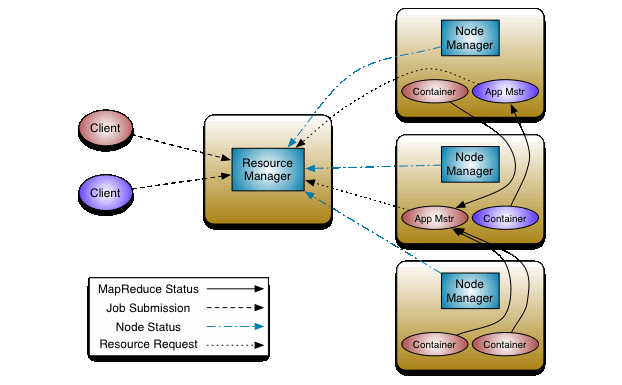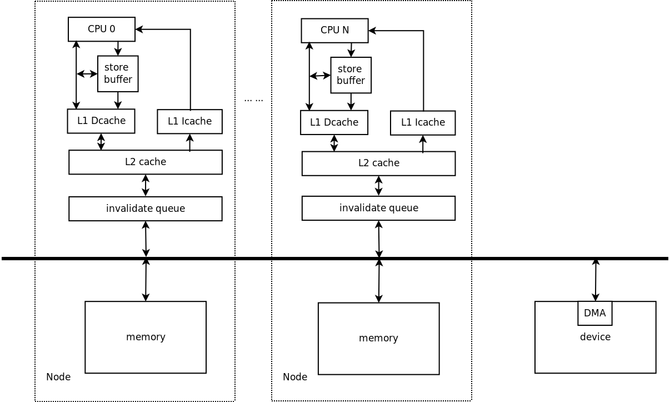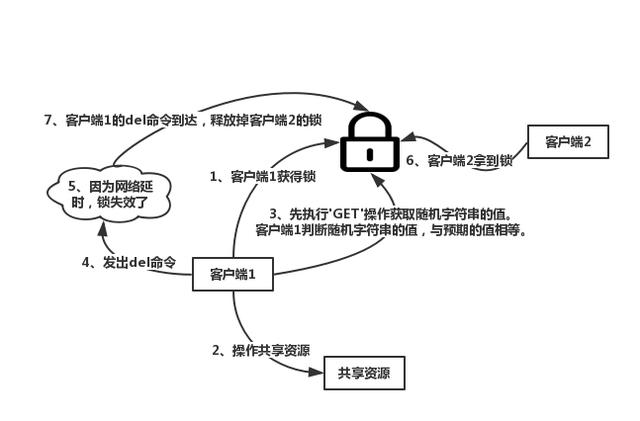介绍
这篇文章主要讲解了linux模拟多线程崩溃和多进程崩溃的代码解析,内容清晰明了,对此有兴趣的小伙伴可以学习一下,相信大家阅读完之后会有帮助。
结论是:
多线程下如果其中一个线程崩溃了会导致其他线程(整个进程)都崩溃;
多进程下如果其中一个进程崩溃了对其余进程没有影响;
多线程
# include & lt; stdio.h>
# include & lt; string.h>
# include & lt; stdlib.h>
# include & lt; pthread.h>
# include & lt; assert.h>
void * fun1 (void *参数)
{
printf (“fun1输入\ n");
而(1)
{
printf (“% s \ n" __FUNCTION__);
usleep (1000 * 1000);
}
printf (“fun1退出\ n");
返回((void *) 1);
}
void * fun2 (void *参数)
{
printf (“fun1输入\ n");
usleep (1000 * 3000);
char * ptr=(char *) malloc (sizeof (char));
printf (“ptr1: 0 x % \ n" (ptr);
ptr=零;
printf (“ptr2: 0 x % \ n" (ptr);
免费(ptr);
memcpy(简称:“123“,3);
printf (“ptr3: 0 x % \ n" (ptr);
printf (“fun2退出\ n");
返回((void *) 2);
}
int主要(空白)
{
pthread_t tid1 tid2;
int犯错;
呃=pthread_create(和tid1, NULL, fun1, NULL);
断言(0==犯错);
呃=pthread_create(和tid2, NULL, fun2, NULL);
断言(0==犯错);
printf(“主要加入…\ n");//获取字符();
pthread_join (tid1, NULL);
pthread_join (tid2, NULL);
返回0;
} 多进程
# include & lt; stdio.h>
# include & lt; string.h>
# include & lt; stdlib.h>
# include & lt; pthread.h>
# include & lt; assert.h>
无效的乐趣(void *参数)
{
printf (“fun1输入\ n");
usleep (1000 * 3000);
char * ptr=(char *) malloc (sizeof (char));
printf (“ptr1: 0 x % \ n" (ptr);
ptr=零;
printf (“ptr2: 0 x % \ n" (ptr);
免费(ptr);
memcpy(简称:“123“,3);
printf (“ptr3: 0 x % \ n" (ptr);
printf (“fun2退出\ n");
返回;
}
int主要(int命令行参数个数,char * argv [])
{
维护(2==命令行参数个数);
pid_t pid;
int我;
(我=0;i 看完上述内容,是不是对linux模拟多线程崩溃和多进程崩溃的代码解析有进一步的了解,如果还想学习更多内容,欢迎关注行业资讯频道。
linux模拟多线程崩溃和多进程崩溃的代码解析





